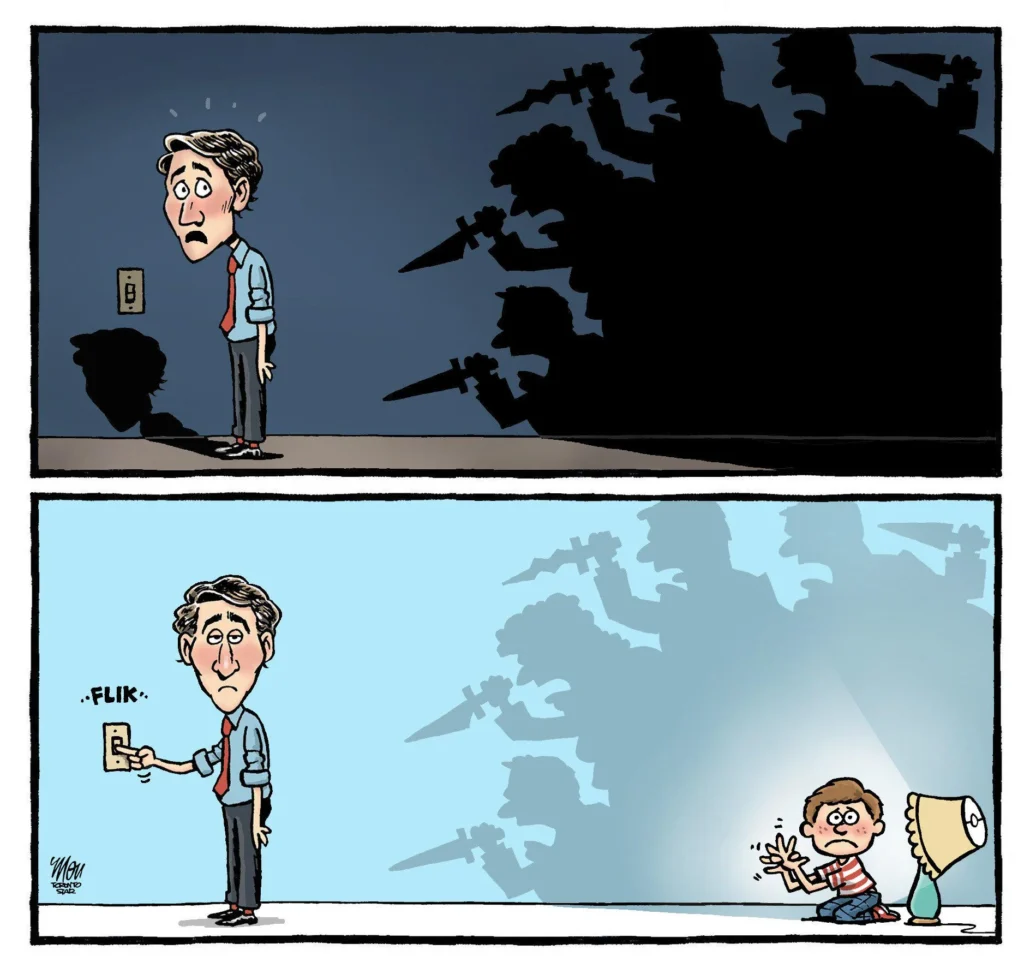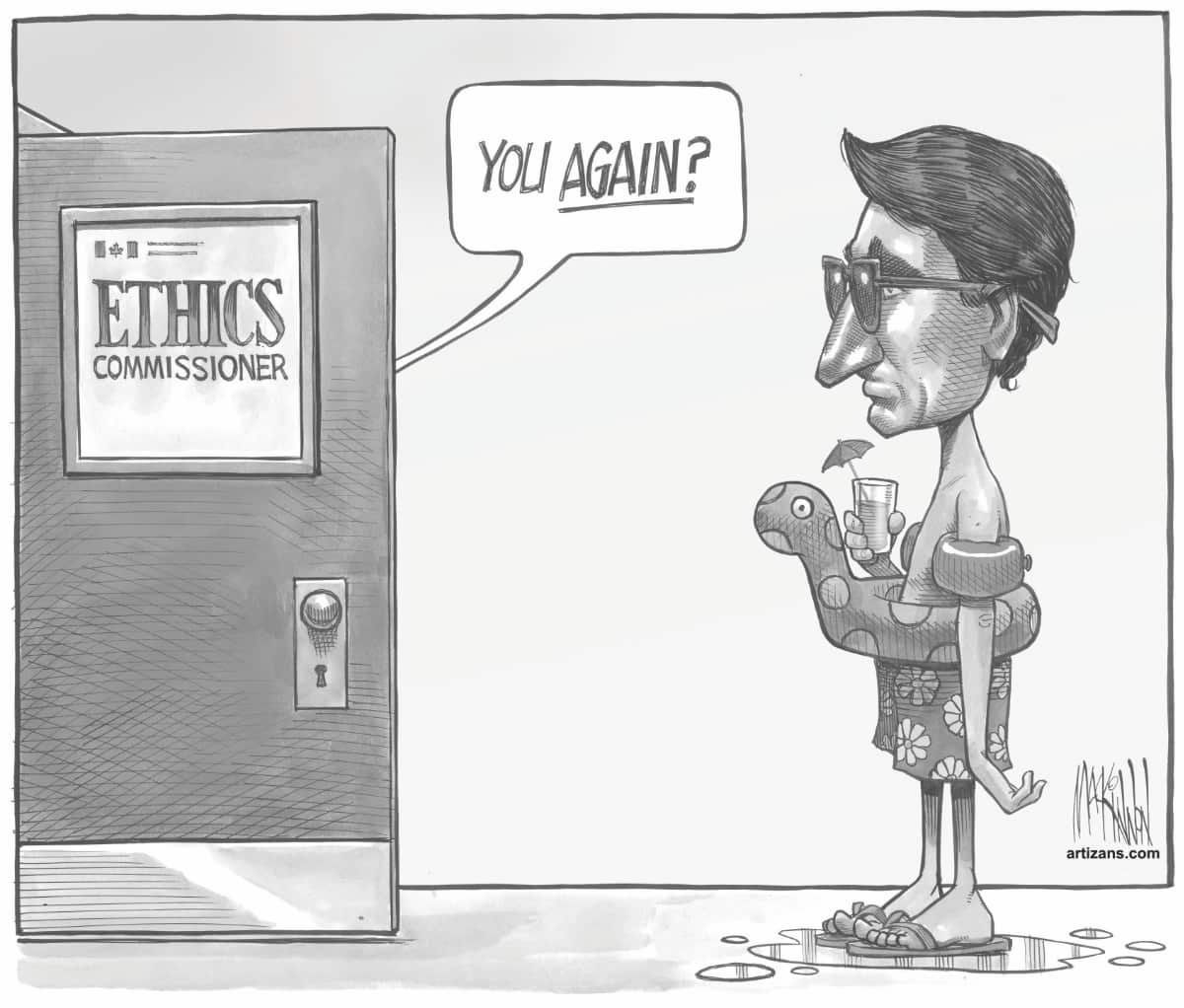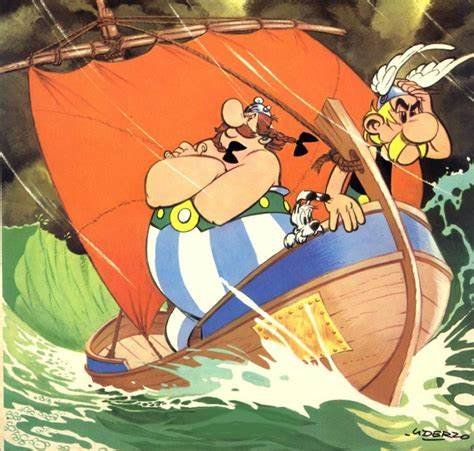Political cartoons are a powerful way to express opinions and comment on societal issues. However, creating these cartoons comes with many responsibilities. Ethical considerations for political cartoonists play a crucial role in determining how their work affects the audience and the broader public. These cartoonists must be careful about the messages they send, the accuracy of their depictions, and the impact their work may have on people’s views. In this article, we will discuss the key ethical issues political cartoonists should consider while creating their art.
1. Respecting the Dignity of Individuals
One of the most important ethical considerations for political cartoonists is ensuring that the dignity of individuals is respected. Political cartoons often depict public figures, politicians, and sometimes even ordinary people. However, cartoonists must avoid using harmful stereotypes or degrading images that could hurt someone’s reputation or dignity.
While cartoons are meant to be exaggerated and humorous, they should not cross the line into cruelty. For instance, depicting a person with offensive or discriminatory features can be harmful. Cartoonists must think carefully about whether their work will cause unnecessary harm or spread negative stereotypes. The goal is to criticize ideas or actions, not to attack the personal qualities of individuals.

2. Balancing Satire and Sensitivity
Another key ethical consideration for political cartoonists is the balance between satire and sensitivity. Political cartoons are often satirical, using humor and exaggeration to comment on political events or societal issues. However, satire should not be used to make light of serious issues or marginalize vulnerable groups.
Cartoonists must be mindful of the context in which they are working. For example, a cartoon that mocks a sensitive issue, such as racial inequality or the treatment of refugees, could be seen as insensitive or even harmful. While satire is a valuable tool for challenging ideas and encouraging discussion, it must be used responsibly. A responsible cartoonist will understand when to use humor and when to address issues with more care.
3. Accuracy in Representation
Ethical considerations for political cartoonists also involve ensuring the accuracy of their representations. Political cartoons often rely on symbols and visual metaphors to express complex ideas, but these symbols must be used correctly to avoid misleading the audience.
For example, if a cartoon is about a political leader’s actions, it’s important to make sure that the depiction is based on facts. Misrepresenting someone’s actions or intentions for the sake of humor can mislead the audience and spread false information. Cartoonists have an ethical responsibility to present the truth, even if it means critiquing their own political beliefs or preferences.
4. Avoiding Harmful Stereotypes
Cartoonists should also be aware of the potential harm that certain stereotypes can cause. One of the significant ethical considerations for political cartoonists is avoiding the reinforcement of harmful stereotypes. Using racial, gender, or cultural stereotypes can perpetuate negative ideas about certain groups of people.
For example, depicting a politician or public figure in a way that aligns with harmful stereotypes about their race, gender, or nationality can lead to discrimination and division. Ethical cartoonists should strive to represent individuals and groups fairly and avoid reducing people to one-dimensional caricatures. By being mindful of this, political cartoonists can ensure their work promotes respect and equality.
5. Recognizing the Power of Cartoons
Political cartoons have the power to influence public opinion and change perspectives. This power comes with a great deal of responsibility. Ethical considerations for political cartoonists include recognizing that their work may impact how people see political issues and social groups.
A well-crafted political cartoon can shine a light on injustice or highlight the flaws in a political system. However, a poorly thought-out cartoon can spread misinformation or encourage hate. As such, cartoonists should be aware of the potential impact of their work and consider how it may be interpreted by different audiences. A responsible cartoonist understands that their art can shape public discourse in meaningful ways.
6. Understanding Cultural Sensitivity
Another critical aspect of ethical considerations for political cartoonists is understanding cultural sensitivity. Cartoons often deal with global or national issues, and different cultures may interpret images in various ways. What might seem humorous and acceptable in one culture could be offensive in another.
Therefore, cartoonists need to understand the cultural context of the issues they are addressing. For example, humor about religion or politics may be perceived differently depending on the cultural background of the audience. A responsible cartoonist takes the time to consider how their work might be received by people from different cultural backgrounds, ensuring that their cartoons do not perpetuate harm or misunderstanding.
7. Maintaining Professional Integrity
Finally, ethical considerations for political cartoonists also include maintaining professional integrity. Cartoonists should be honest about their intentions and avoid using their work to push a personal agenda at the expense of truth. They must be aware of their biases and strive to present a balanced view of the issues they address.
In some cases, political cartoonists may be tempted to use their platform to promote personal or political beliefs. While it is normal for cartoonists to have opinions, they should avoid manipulating their audience with misleading or one-sided portrayals. Integrity ensures that their cartoons remain credible and respected.
Conclusion
In conclusion, ethical considerations for political cartoonists are crucial in ensuring that their work is both impactful and responsible. Cartoonists must be mindful of the dignity of individuals, the accuracy of their depictions, and the potential impact of their work. By balancing humor with sensitivity, avoiding harmful stereotypes, and maintaining cultural awareness, cartoonists can create art that encourages thoughtful discussion while respecting others. Through their creativity, political cartoonists play an important role in shaping public opinion in a way that reflects both ethical responsibility and artistic integrity.










